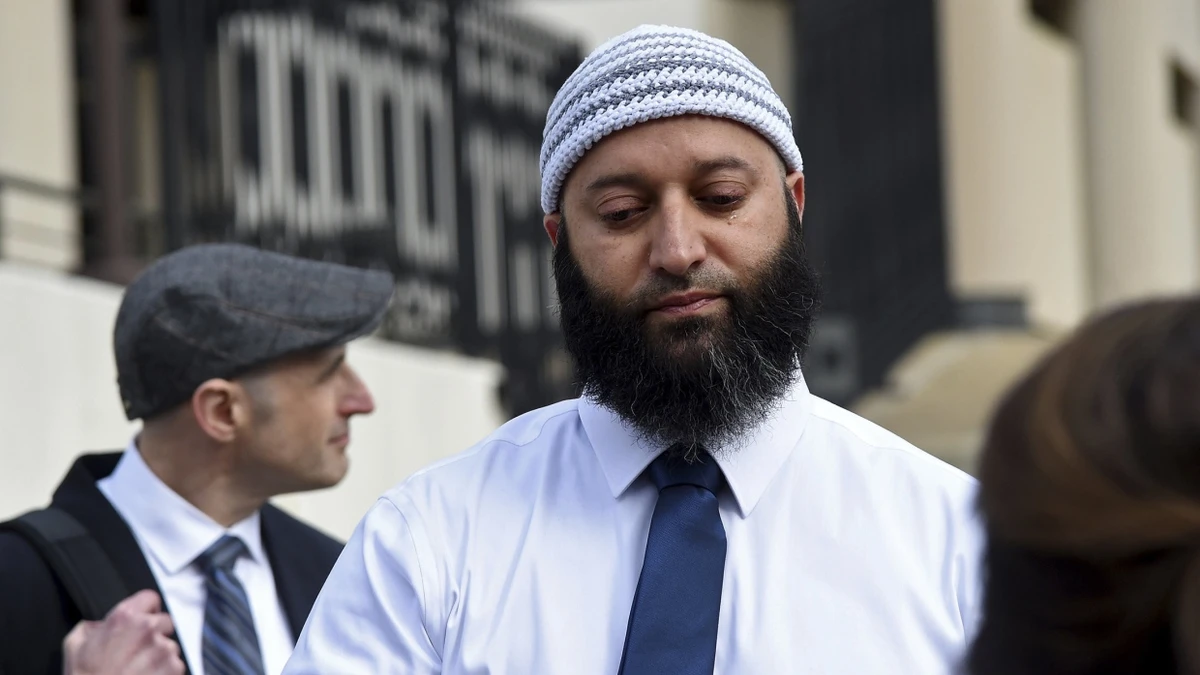Updates on Adnan Syed’s Legal Battle

Introduction
Adnan Syed’s case has captured public attention since it was featured in the popular podcast “Serial”. Syed was convicted in 2000 for the murder of Hae Min Lee, but the integrity of the trial and the evidence presented have been constantly questioned. The relevance of this case lies in its impact on discussions surrounding wrongful convictions, criminal justice reform, and the implications of media influence on legal proceedings.
Background of the Case
Syed was arrested and subsequently convicted of first-degree murder, despite maintaining his innocence. Key evidence included cell phone records and testimony from a classmate. However, the reliability of this evidence has been scrutinised, prompting appeals and public outcry for a re-examination of the case. After years of legal battles, new information and evidentiary reviews have brought the case back into the spotlight.
Recent Developments
In September 2022, a Maryland judge vacated Syed’s conviction, citing the prosecution’s failure to disclose evidence that could exonerate him. This ruling marked a significant turning point in the ongoing saga. Following this decision, public interest surged, with many advocates for criminal justice reform rallying to support Syed. The prosecution has also announced plans to retry the case, highlighting the complex narrative surrounding the quest for justice.
Public Reaction and Implications
The case has ignited a national conversation about the reliability of eyewitness testimony, the adequacy of legal representation, and the role of media in shaping public perception. As calls for reforms escalate, Syed’s situation serves as a potent symbol of the pressing need for a more equitable legal system. Organizations focused on abolishing wrongful convictions are using this case to advocate for transparency and reform across the board.
Conclusion
The developments in Adnan Syed’s case signify more than just one man’s struggle for justice. They echo broader themes in the fight against wrongful convictions and underscore the vital importance of due process. As the legal proceedings continue, many are left wondering whether Syed will ultimately be exonerated. The outcome may have lasting effects on public faith in the justice system, urging a deeper examination of the processes that lead to conviction.
